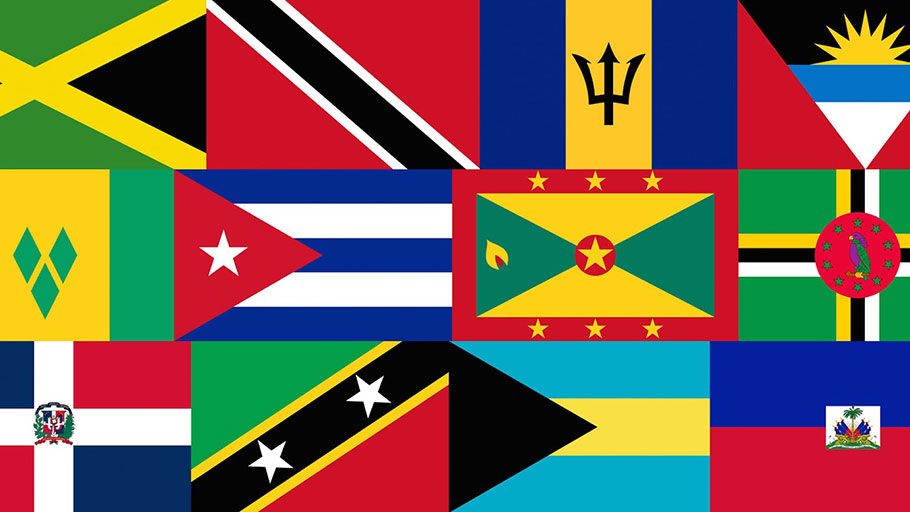At the just concluded meeting of Caribbean Community leaders in Grenada, the question of making European nations that had participated in the transatlantic slave trade compensate the region for the genocide was discussed at length, but officials are tightlipped about exactly what some European governments have indicated in their replies for demands for reparations from the Caribbean.
For most of the past four years, regional governments have been trying to engage former slave-trading nations in a conversation about reparations, but some, such as Britain, have already indicated a disinterest in any kind of payments to the descendants of African slaves, if payments are under the rubric of reparations.
But the final communique of CARICOM’s main summit said that the leaders have mandated the umbrella Reparations Commission and the Guyana-based bloc headquarters to “coordinate the preparation of a strategy that includes diplomatic, media and messaging to advance the reparations claim and to redouble efforts at public education.”
Asked this week for details about what is contained in replies from Britain, France and the Netherlands, Assistant Secretary-General Douglas Slater said members of the prime ministerial subcommittee dealing with reparations are the only ones able to publicly say what is in those replies.
“Yes we have received replies from most of the nations except Portugal,” Slater said, noting that a meeting of the committee is not expected before the annual summer break that follows the holding of the July summit.
He added, “As you may know, the leaders don’t want to engage in a confrontational approach with Europe but prefer a negotiated solution, a negotiated approach. So this is why they have not been so public on the issue.”
Britain, through a 2015 official visit to Jamaica by former Prime Minister David Cameron, had made it clear the U.K. has absolutely no interest in paying reparations, even while announcing a paltry $400 million in grant aid to the region. Officials say there is hardly a reason to think that Britain’s position has changed in the ensuing months since the 2015 visit.
Governments had in recent months sent letters of demand to European nations partly outlining the Caribbean’s case for reparations. They had also given Europe two years to reply and begin negotiations or the matter would automatically go to the World Court in the Netherlands.
But any such talk at this stage about a juridical settlement is often quickly dismissed by officials as they ask for time to handle the issue. Still, the leaders have already hired a British firm that won millions in compensation for the descendants of Kenyans who were slaughtered by British soldiers during the colonial era, to prepare the case and to be ready to fight for the Caribbean. The overwhelming indications from the attorneys is that the region has a very strong case that should be pursued.
“We ask not for handouts or any such acts of indecent submission,” said Professor Hilary Beckles, the leading figure in the fight for the Caribbean. “We merely ask that you acknowledge responsibility for your share of this situation and move to contribute in a joint program of rehabilitation and renewal.”















